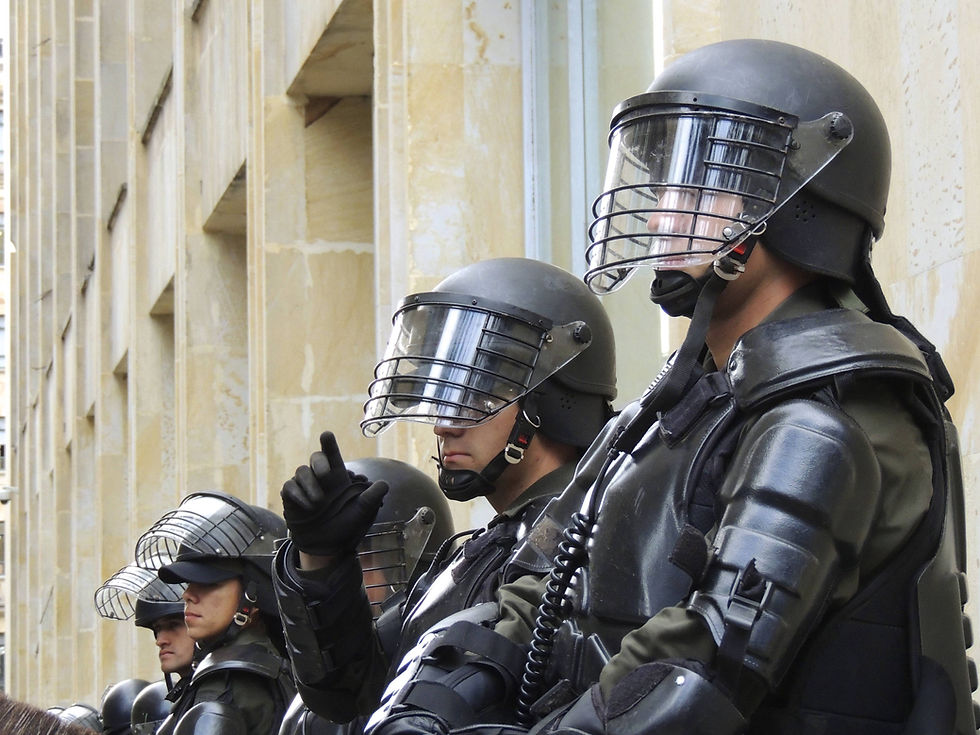TLDR: Historian Ramachandra Guha criticizes the Indian government's uncritical support of Israel in its Gaza conflict. He says that India, led by Prime Minister Modi, has indirectly supported Israel’s military actions by not supporting UN ceasefire resolutions and sending migrant workers to sustain Israel's war economy. Guha emphasizes that India, alongside the USA and other allies, has played a role in enabling war crimes in Gaza.
Ramachandra Guha, renowned Indian historian, has come out swinging, calling on Indians to hold their government accountable for its support of Israel during the ongoing Gaza conflict. 😲💥
On October 7, 2023, Hamas launched a major attack on Israel, killing over 1,100 people, mostly civilians. Israel retaliated hard, and for a year now, has been bombarding Gaza, killing more than 50,000 Palestinians—again, the majority of whom are civilians. 🚨💣
Guha is furious that India has remained silent on these killings, even as the conflict continues to escalate. He points out that India did not support UN resolutions calling for a ceasefire in Gaza, and that Indian migrant workers are being sent to Israel, essentially sustaining its war economy. 🤨👨🏭
🇺🇸 USA's Role in Enabling the War

Guha isn’t just criticizing India, though. He’s equally furious with the United States, which he calls the "principal accomplice" of Israel’s war crimes. 🛑 The USA has been pouring weapons into Israel, allowing them to continue their attacks on Gaza and now, Lebanon as well. 🔫🧨
Hillary Clinton, former First Lady and Secretary of State, recently came under fire from Guha for dismissing student protests against Israel’s actions as being influenced by "anti-Semitism" and "outside forces." Guha says Clinton conveniently forgets that America itself funds Israel. 💰🇮🇱 He wonders if Clinton can ever reflect on her own country's complicity in this conflict. 🧐
🛑 India’s Problematic Role
Guha highlights the deep friendship between Prime Minister Modi and Israeli Prime Minister Netanyahu, which he claims is influencing India’s stance on the conflict. 😬🖐️ He suggests that Hindutva ideology—which fuses State and religion—aligns with Israel's own policies of alienating and demonizing Muslims.
By taking Israel's side, Guha argues, India is losing credibility on the global stage. Even countries like Slovenia and Australia have been vocal about their demand for an end to the violence. Yet, India has chosen to remain quiet, offering only "empty words" about peace, which Guha finds embarrassing for a country that calls itself the world’s largest democracy. 🗣️🤔
🌍 What India Can Learn From Other Democracies
Countries like Slovenia and Australia, despite being close allies of the USA, have openly criticized Israel’s actions. Slovenia’s prime minister directly called for Israel to “stop the bloodshed,” while Australia's foreign minister demanded a ceasefire. 👏💬 In contrast, India has been conspicuously silent, which Guha sees as cowardice. 🐾
Guha doesn't mince words when he accuses India of complicity in the war crimes happening in Gaza. 😡 He urges Indians to hold their government accountable for enabling the violence in the Middle East, both through silence at the United Nations and by sending workers to fuel Israel's military efforts. 👷♂️💣
💥 The Bigger Picture
India isn’t alone in this; France, the UK, and Germany are also on Guha’s list of enablers. 🇫🇷🇬🇧🇩🇪 But the historian makes it clear that India, as a major democracy, should know better.
Guha’s message is loud and clear: if we, as a country, don't speak up against injustice now, we are just as guilty as those pulling the trigger. 🔥
What are your thoughts on India’s stance? Should we be more vocal in condemning Israel's actions? Let’s discuss in the comments below! 🗨️👇


























